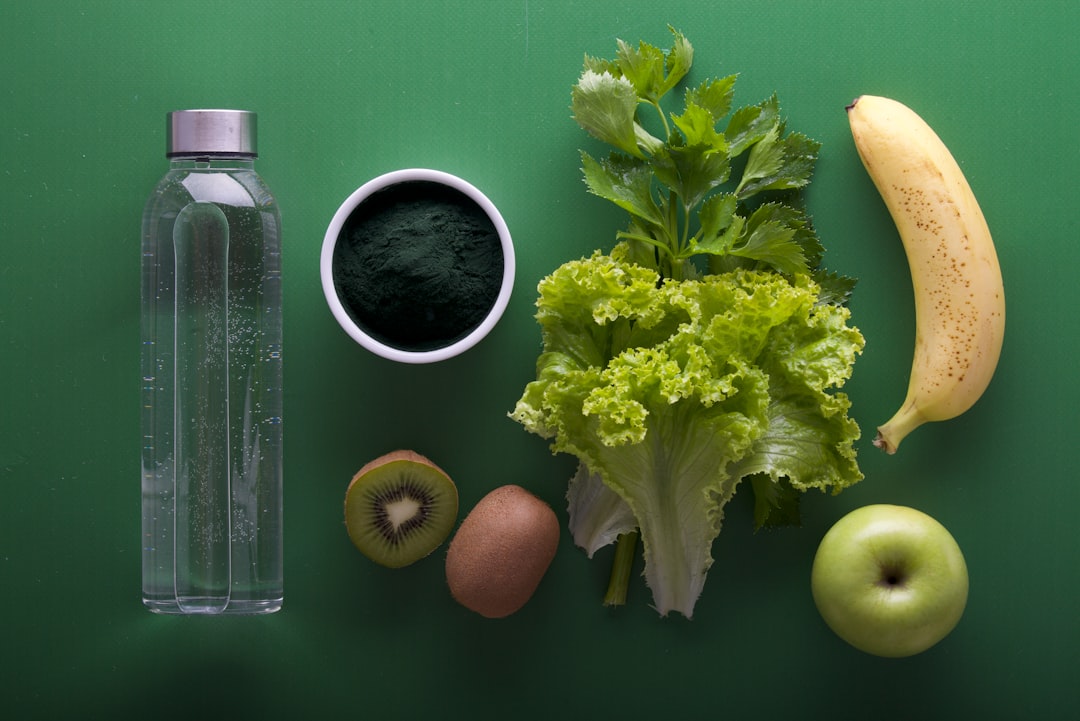- The Daily Tonic
- Posts
- FOUR things you can do for a healthy gut.
FOUR things you can do for a healthy gut.
Plus: Are antibiotics ever worth taking?
Wednesday. Let’s start with some good news (maybe?) for our West Coast readers. Construction has officially begun on a high-speed train that will shuttle passengers between Las Vegas and Los Angeles (READ MORE HERE). The goal is to finalize the project by 2028, meaning it will probably be ready by 2035.
Moving on to something that is actually in your control—we all know gut health matters. So, what are some easy things you can do to optimize your gut health and feel your best? Let’s dive in.
Today’s Menu 🌿
😊 What you can do to optimize your gut health.
Are antibiotics 💊 ever worth taking?
Do certain medications lead to weight gain?
The 🍗 Daily Recipe is a fun twist on a high-protein classic.
A healthy deodorant that actually works 👃.
Why women need to be financially planning for a 100-year life.
Read Time: 4 minutes

Healthy Gut, Happy Gut, Better Health
In many ways, your gut health is like a window into your overall well-being. It affects not just your digestion but also your mood, skin, and much more. With today’s emphasis on wellness, understanding and maintaining a healthy gut microbiome has never been more critical. We all want a healthy gut, but given our current food landscape, the environmental toxins we are all exposed to, and the go-go pace of everyday life, maintaining a healthy gut is easier said than done.
The solution? Here are four easy steps to help you start healing your gut.
Firstly, consider what you eat (duh). Your gut microbes thrive on a diet rich in fibers like fruits, vegetables, whole grains, legumes, seeds, and nuts. These foods are not only packed with nutrients but also help nourish these beneficial bacteria. Yes, we said whole grains. That doesn’t mean you should rekindle your pandemic sourdough obsession or treat whole wheat pasta as its own food group, but some whole grains can be beneficial.
On the other hand, diets high in sugars and fats and low in fiber can disrupt your gut health. And no, we aren’t talking about healthy fats here, like what you get from meats, nuts, and avocados. We are talking about seed oils, fried food, and other junky fats (is that a term?).
This eating pattern is typical of the Western diet and often leads to an unhealthy microbiome. Adding fermented foods such as yogurt, kombucha, and kefir can also replenish good microbes, promoting a healthier gut. Just make sure you don’t choose yogurt options packed with added sugars.
Secondly, be mindful of the medications you take. Medicines like antibiotics can disrupt your gut microbiome, even if their effects are only temporary. Plus—antibiotics don’t even do what they are supposed to do half the time. We wrote about that earlier this week (READ ABOUT IT HERE).
Common side effects of antibiotics include nausea and diarrhea. Suppose you frequently use antibiotics or other medications that affect stomach acid, like proton pump inhibitors and H2 blockers. In that case, discussing with your doctor how to minimize their impact on your gut bacteria is crucial.
Thirdly, explore the right probiotics or gut-health-promoting supplements. Not all probiotics are created equal; they are strain-specific, which means different strains have different benefits. For instance, some probiotics are formulated to alleviate antibiotic-induced diarrhea, while others may help with bowel regularity. It's essential to choose a probiotic that targets your specific health needs.
However, and this is the most important thing to remember about supplements—probiotics can’t completely counteract poor dietary choices. Improving your gut health requires a combination of good nutrition and the right supplements. Supplements can help, but without the proper diet, they won’t really make a difference.
Lastly, make daily physical activity and quality sleep a priority. Regular exercise helps boost your metabolism, improves circulation, and supports your digestive muscles. We talk about exercise ALL THE TIME, but it’s for good reason. You also don’t have to engage in intense workouts; simple daily activities can significantly benefit your gut health.
Quality sleep is also crucial. Our gut microbiome follows a circadian rhythm, similar to our sleep-wake cycle. Sleep disruptions can affect this delicate balance, leading to poor gut health. Lack of sleep also increases stress levels, which can negatively impact overall health, including your gut.
The key takeaway? Maintaining a healthy gut is so crucial to overall health and wellness. By choosing the right foods, being cautious with medications, selecting appropriate probiotics, and committing to regular physical activity and good sleep hygiene, you can start on the path to a healthier gut, which means better digestion, stronger immune function, improved cognitive health, better mood, and higher energy.
If you focus on your gut health, everything will benefit. You don’t have anything to lose, and you have everything to gain!
Related Articles
Psst… You can reply with recommendations too!
The Daily Recipe
Try to guess… Chicken is a great protein option to have on hand, but it doesn’t need to be boring. This mustard and maple recipe packs a punch when it comes to flavor.
Curious? Click below to discover the recipe and see if you guessed right.
Would you try it? |
Tonic Shots
🐑 Wool Isn’t Just For The Winter Months
Wool is great to wear when the temperatures start to rise. It is sweat-wicking and antimicrobial, so it is a win-win. GET WOOL.
👃 Deodorant, But Healthy. And Works.
It can feel impossible to find a natural deodorant that does the job. Here is one we love. LEARN MORE.
💸 Why Women Need to Be Financially Planning for a 100-Year Life
The article makes some pretty good points. READ MORE.
"All disease begins in the gut."
How was the newsletter? |
